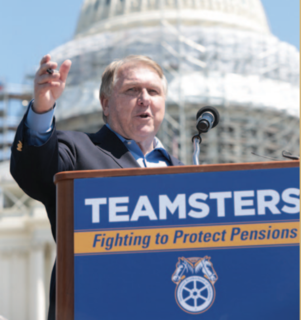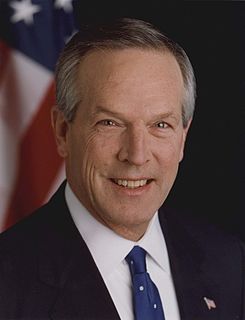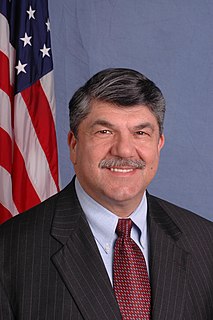A Quote by Joe Kaeser
From Siemens's perspective, a trade agreement like TTIP makes the U.S. and E.U. members more attractive.
Quote Topics
Related Quotes
Of course, the UK is a significant economy that makes up a quarter of American exports to the EU, more than 50 percent of our exports in certain sectors and over 25 percent of the government procurement opportunities we have in Europe. Brexit reduces the size of the TTIP deal for the United States, and there will need to be an adjustment of expectations accordingly, but Brexit underscores the value of reaching an agreement at this critical moment in the evolution of Europe.
































